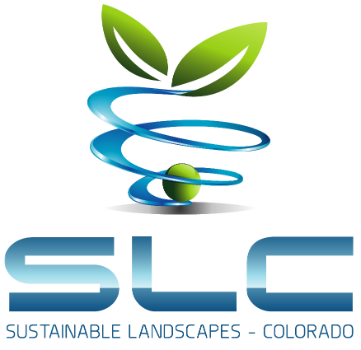Sustainable Landscape Management – Better for the Environment and Better for You!
SLC focuses on reducing/eliminating waste and adverse environmental impact while enhancing the overall value of the landscape and the services provided. Existing soil fertility, drainage issues, and irrigation water usage is evaluated with property budgets in mind. We incorporate practices that conserve limited, valuable natural resources, reduces waste, reduces labor and fuel costs, and prevents pollution of air, water, and soil.
1. Mulch mowing at 3.5” height to recycle grass clippings and reduce water needs of turf.
2. Prune shrubs to a natural growth pattern to improve shrub health and reduce green waste from shearing practices.
3. Amend and protect soils with mulches and composts. Mulch utilized is a recycled product from local tree company and compost is obtained from local producer.
4. Audit irrigation system to reduce water usage and improve efficiency with budgets.
5. Utilize soaker and drip systems where applicable to reduce waste.
6. Regular soil testing to determine fertility programs of the turf and the landscape.
7. Organic fertilizer applications to support biologically active soils, reduce fertilizer consumption, and reduce water usage.
8. Prescriptive pesticide usage as a last option and incorporate IPM for landscape.
9. Proper plant selection when enhancements and replacements of plant material are warranted. Plant strategically with proper plant materials for the area and the microclimates of the property.
10. Minimize fuel consumption and labor with efficient scheduling practices and timing of maintenance tasks on the property.
11. All green waste is sent to a local green recycler to produce compost/mulch and then repurposed on the property as needed during the season and upon completion of spring and fall cleanups.

7 Benefits of Fertigation
1. Savings in time, money and labor
What takes your landscaping crew to complete in days, a fertigation system can accomplish in an hour on average.
2. Water conservation
By converting your ordinary irrigation water into fertile water, you will realize a significant savings in water usage and the water you do use will be working harder than ever before.
3. Reduced inputs
On top of reducing the water, time, labor and money, you can also expect a decrease in the need for pesticides and a decrease in the volume of fertilizer used.
4. Safety
Relax knowing your landscape crew will be safe when using these systems.
5. Root & Soil Improvements
With this more direct approach, your landscape will begin producing healthier plants with stronger root systems.
6. Greater control over plant growth and recovery
Many of the current methods used in landscape management come down to "spray and pray." Fertigation systems put you back in control of your plants.
7. Environmental Friendly
By using a liquid fertilizer through your irrigation system, you'll eliminate toxic runoff that you experience with topically applied granular fertilizers.
